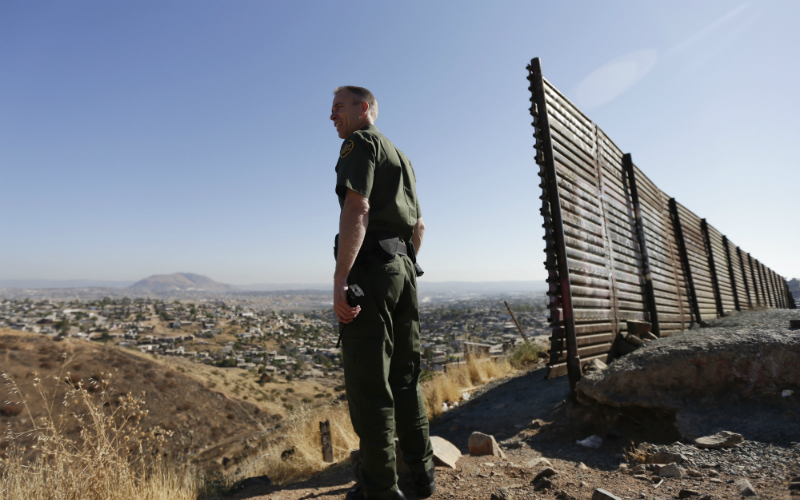Confronted with a post-U.S. withdrawal from Afghanistan, the world must deal with the complexities of a country that has returned to the control of the Taliban. While this re-established government is seeking legitimacy, it has offered few concessions to international concerns about the rights of women, its brutal law enforcement policies, and much more.
But beyond such strict measures, Benjamin Varlese tells AFN the radical regime's "want for legitimacy" could create opportunities for the government to be less harsh and more palatable to the Afghan people.
"The Taliban will learn very quickly that horrid people will do desperate things," the security expert adds, "[and they'll discover that] if they can't get their infrastructure built back up and provide food to the people, they're going to lose power."
Varlese argues certain circumstances could arise that the international community could capitalize on and use as a bartering tool.

"To be recognized as the legitimate regime in Afghanistan," Varlese advises, "the global community would need to put conditions and benchmarks on it." For example, he says, to receive humanitarian aid the Taliban would have to abide by a particular set of rules – such as no longer harboring terrorists.
Varlese also suggests reminding the Taliban that "while they've been able to push back superpowers in the past, would they really want to go through this [kind of scenario] again?"
An alternative, he says, would be bringing the regime to the negotiating table.
"Letting the Taliban have a seat at the table [despite their previous actions] would very likely tamp down some of their extremism," Varlese argues. "[Those actions may have had] less to do with radical religious views than it did kicking out foreign invaders."
And although the Taliban hold fast to their religious ideology, Varlese indicates "this new neo-Taliban is more nationalist [in their views]." For that reason, he says, a "hint of nationalism" could help bring the Taliban – as well as the many tribal factions of the country – to the table of "modern diplomacy."







